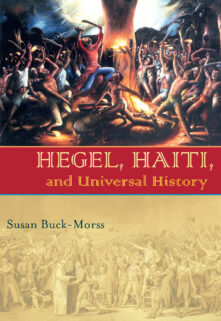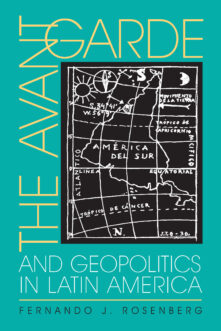Illuminations: Cultural Formations of the Americas
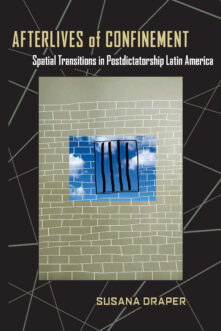

Afterlives of Confinement
Spatial Transitions in Postdictatorship Latin America
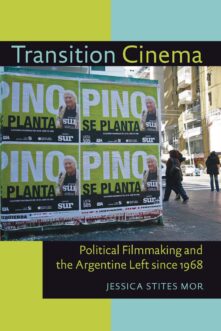

Transition Cinema
Political Filmmaking and the Argentine Left since 1968
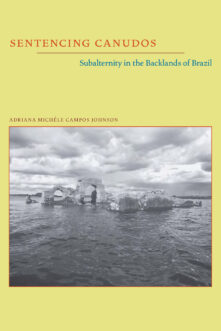

Sentencing Canudos
Subalternity in the Backlands of Brazil
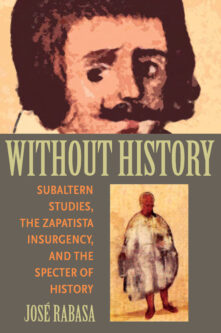

Without History
Subaltern Studies, the Zapatista Insurgency, and the Specter of History
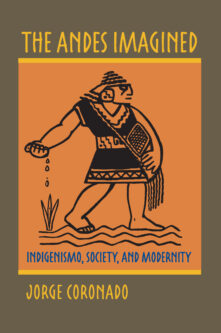

The Andes Imagined
Indigenismo, Society, and Modernity
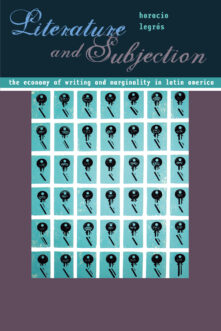

Literature and Subjection
The Economy of Writing and Marginality in Latin America
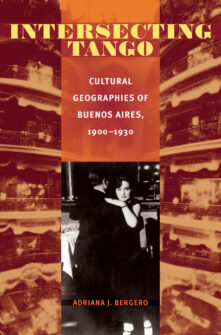

Intersecting Tango
Cultural Geographies of Buenos Aires, 1900-1930
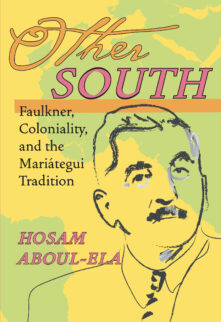

Other South
Faulkner, Coloniality, and the Mariátegui Tradition
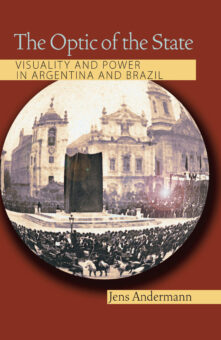

The Optic of the State
Visuality and Power in Argentina and Brazil
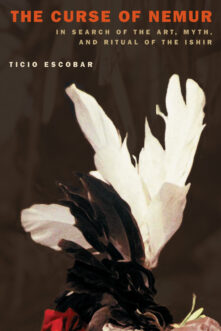

The Curse of Nemur
In Search of the Art, Myth and Ritual of the Ishir
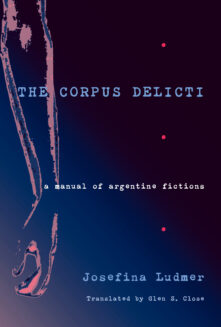

The Corpus Delicti
A Manual of Argentine Fictions
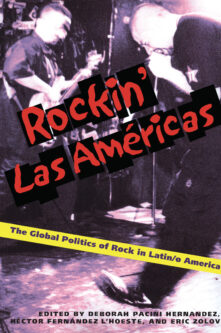

Rockin Las Americas
The Global Politics Of Rock In Latin/o America
Total 59 results found.


